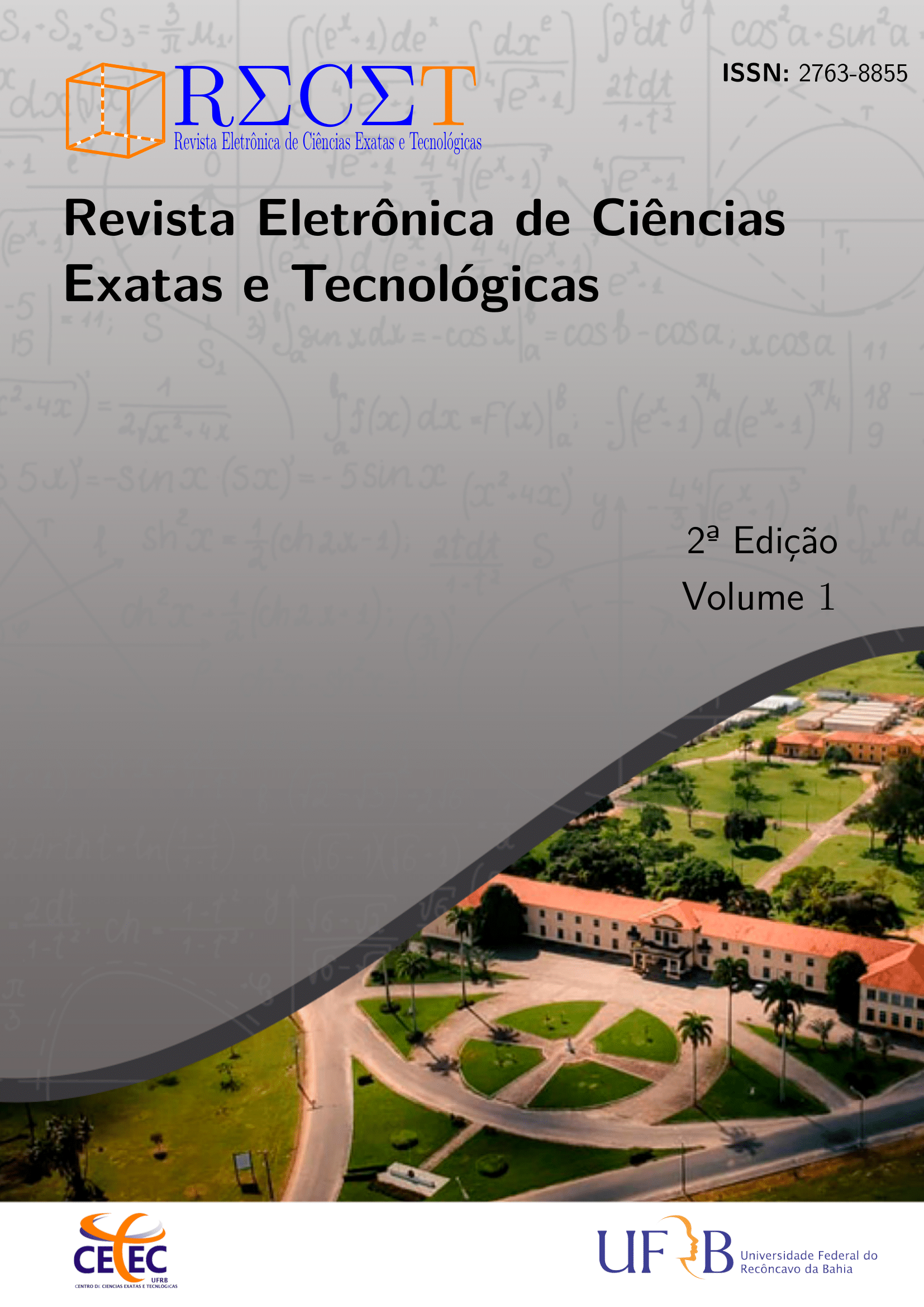Improved Physics Teachers' Classroom Practices: Using Cell Phones to Teach the Concept of Energy
Keywords:
energy, cell, teaching, physics, technologyAbstract
The concept of energy is one of the most central in natural sciences, such as physics, chemistry and biology. For physics, in particular, it has a fundamental importance: most models and theories of physics are based on this concept. Energy exists in many forms such as heat, light, electricity, chemical energy, kinetic energy, potential energy, oil, sound and nuclear energy. With industrialization and population growth, energy use has also increased, occupying an important place in our lives, which translates into increased studies on electricity, chemical energy and renewable energy (Bezen, Bayrak & Aykutlu, 2016, p. . two). From the point of view of teaching the concept of energy, there is a significant number of studies reporting what goes on in the classroom. For example, one of the interesting studies was carried out by Bezen, Bayrak & Aykutlu (2016, p. 4). In the Mozambican context, a research on the development of the concept of energy, involving first-year university students was carried out by r (Mutimucuio, 1998, p. 1) and another, in the field of renewable energy physics, carried out by Cuamba, Isaías and Leo (2019, p. 2). The present study focuses attention on the teaching of the concept of mechanical energy (kinetic and potential) and involved 68 students from a secondary school in the city of Maputo, using the cell phone as a mediating instrument in the teaching and learning process. For data collection, a questionnaire, a test and observation were used during four classes, using the qualitative and quantitative method to analyze the students' answers. The results show that the use of cell phones brought great motivation and participation of students during the class and improves the learning of mechanical energy concepts, but in terms of results in the evaluation test, there were no significant differences between the class that used the cell phone during teaching (94%) and those that were not studied (90%). Finally, this study showed that the cell phone is a ``strong'' element when used in the classroom during the period of COVID-19, as it reinforces the diversification of teaching and learning strategies, at a time when makes face-to-face teaching difficult in most schools.
Downloads
References
Bezen, S., Bayrak, C., & Aykutlu, I. (2016). Physics teachers’ views on teaching the concept of energy. Eurasian Journal of Educational Research, 64, 109-124 http://dx.doi.org/10.14689/ejer.2016.64.6
Cuamba, B. C. (1996). Studies on the performance on a photovoltaic power plant in a Southern African environment, University of North Umbria, Newcastle, UK
Cuamba, B. C.; Isaias, D. L. S. & Leão, A. J. (2019). A review on renewable energy systems for irrigation in arid and semi-arid regions. Journal of Power and Energy Engineering 7 (10), 21
Mutimucuio, I. V. (1998). Improving Students' Understanding of Energy: A Study of the Conceptual Development of Mozambican First-year University Students. VU Huisdrukkerij
Neto, J.E.S.; Amaral, E.M.R. (2016). Modos de Pensar e Formas de Falar o Conceito de Energia por Alunos do Ensino Médio. XVIII Encontro Nacional de Ensino de Química (XVIII ENEQ) Florianópolis, SC, Brasil – 25 a 28 de julho de 2016.
Silva, S. V.; Camargo, E. A. (2017). Estudo sobre o impacto no consumo de energia elétrica devido a ascensão das classes sociais. Conference: CONIC 17 - Congresso Nacional de Iniciação Científica, São Paulo.
Souza, V. R. (2015). Uma proposta para o ensino de Energia Mecânica e sua conservação através do uso de analogias. Dissertação de Mestrado. Universidade Federal do Rio de Janeiro, Instituto de Física, Programa de Pós-Graduação em Ensino de Física- Rio de Janeiro, 2015.
Downloads
Published
How to Cite
License
Copyright (c) 2021 Electronic Journal of Exact and Technological Sciences

This work is licensed under a Creative Commons Attribution-NonCommercial-NoDerivatives 4.0 International License.

RECET publications are licensed under Creative Commons (CC BY-NC-ND 4.0).
With this license, it is allowed to access, download (download), copy, print, share, reuse and distribute the articles as long as for non-commercial purposes and with the citation of the source, giving due credits of authorship and mention to the RECET Magazine.
By submitting articles to the RECET Magazine, the authors agree to make their texts legally available under this license. Commercial uses of material published in the magazine will only be allowed after written authorization from the magazine.





